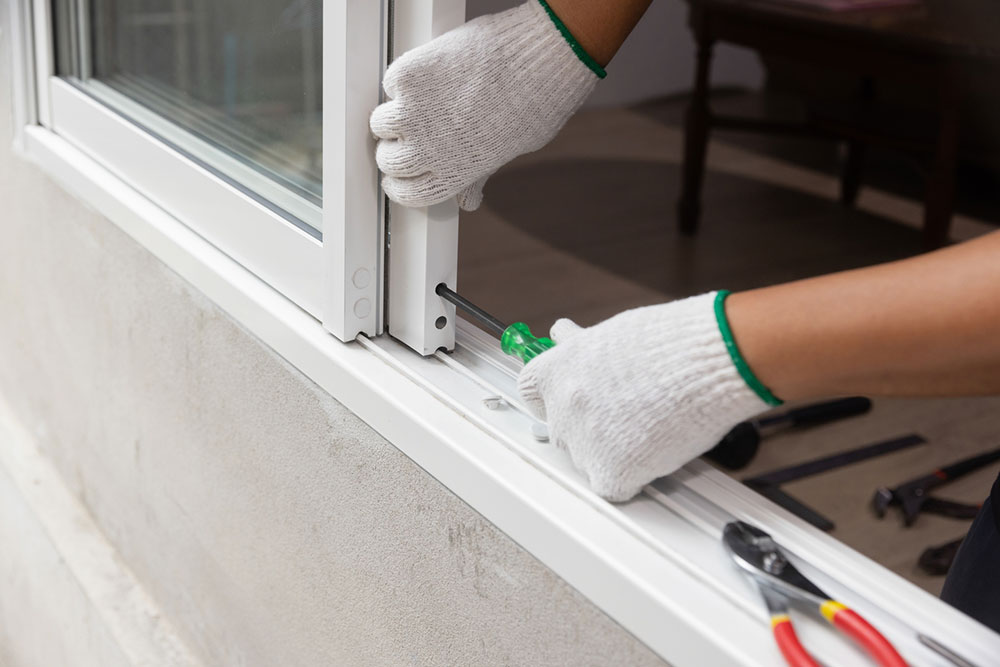
6 common door and window maintenance mistakes to avoid
Doors and windows are essential components that ensure protection and security, insulate the house from external factors, and also enhance its aesthetic appeal. But just like any other aspect of a house, they require regular maintenance, with each material requiring different care. Homeowners may overlook certain details while maintaining doors and windows, compromising their functionality and leading to costly repairs or replacements later. So here are some common door and window maintenance mistakes to avoid.
Not cleaning regularly
Window screens are the main barrier between the interior and exterior elements. Not cleaning them properly can affect their visibility; dust, debris, and pollen may get accumulated and can damage the screen, while unwashed door knobs can accumulate germs. Also, dirty window screens can attract insects and other pests, while pollen and allergens can risk home dwellers’ health. So, one’s advised not to ignore regular weekly cleaning. One can use a mild vinegar and water solution for screen cleaning and a vacuum with a brush attachment to remove dust and dirt from the window tracks. For a door, one can gently scrub or use a soft sponge or cloth to clean the knobs and hinges and remove grime.
Not cleaning inside out
It’s important to clean windows on both sides and not just on the inside. The outer surface is more exposed to the elements. One can use a squeegee, rag, cloth, or sponge for cleaning. However, one should remember to use separate cleaning tools for both sides to avoid getting the pollutants inside.
Not scheduling maintenance
There are several things to consider with window and door maintenance, from checking for leaks, air seepage, and drafts to lubricating hinges and inspecting for damage. Professional maintenance services can do these tasks more efficiently with the right tools and in less time. One can opt for professional cleaning once every few months to prevent costly repairs later on.
Duplicating keys from a duplicate set
It’s always best to duplicate a set of keys to the door lock from its original set. Duplicate keys may be slightly different from the original, and making copies of these duplicate sets can gradually alter the shape of the key away from the original. Eventually, such keys will damage the lock gears.
Not caulking tiny cracks
At times, people make the mistake of ignoring minor cracks and holes in the sealing around doors and windows. But, ignoring these can lead to more energy consumption. For example, minor leaks in the windows can allow cold air to escape and pressure the heater to work harder by consuming more energy. Eventually, the problem may worsen. For tiny and newly formed cracks, one can easily use caulk, which is a readily available and commonly used sealant. It’s an easy and quick remedy, extremely cost-effective and convenient.
Not checking for warping
Warping affects almost all wooden doors over time, mainly when the doors are exposed to moisture or different temperatures. Warping can eventually bend or distort the door and reduce its functionality. So one is advised to check and fix any warping issues at an early stage.


